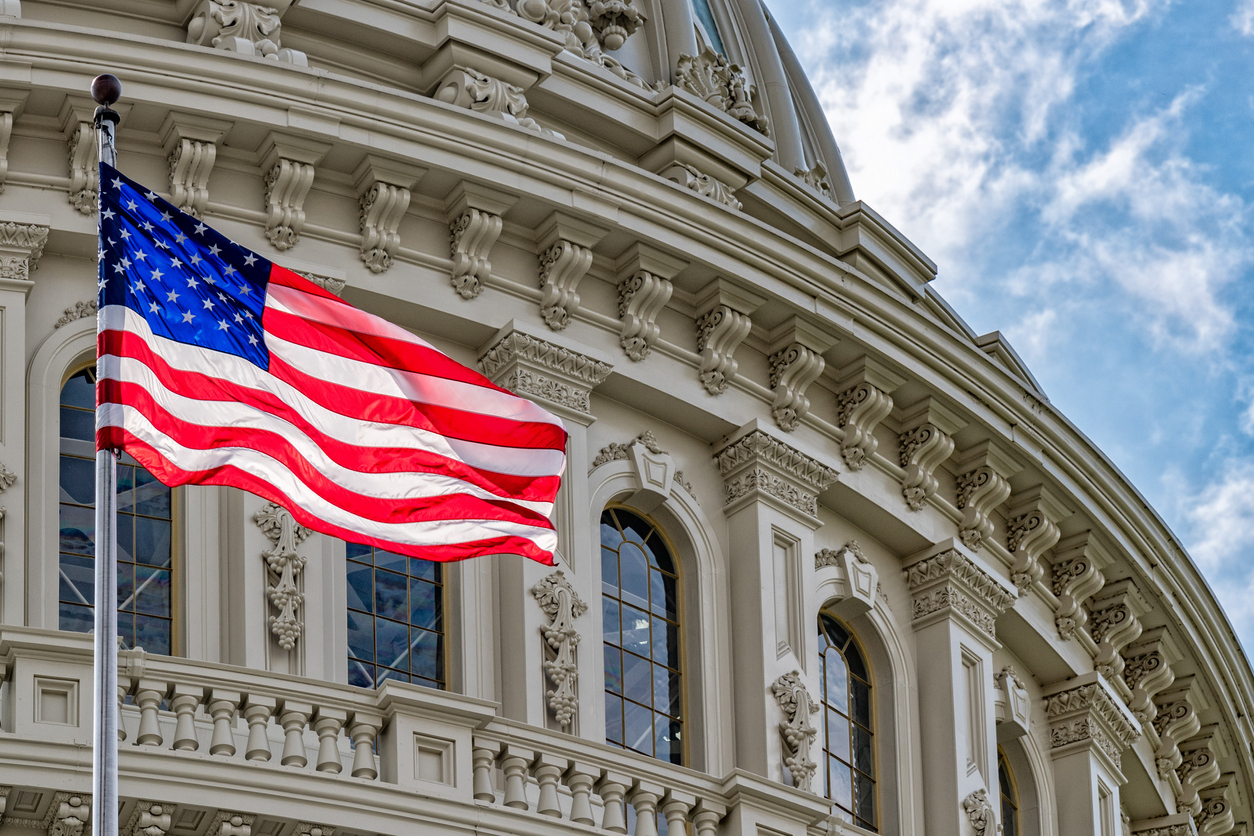In the fall of 2021, the United States House of Representatives passed the EQUAL Act. The EQUAL Act, known more formally as the Eliminating a Quantifiably Unjust Application of the Law Act, is a federal law that would treat crack and powder cocaine the same for purposes of sentencing in criminal cases.
What is the EQUAL Act and how does it impact cocaine sentencing?
If you haven’t been convicted of a criminal offense involving crack cocaine, the idea that we should treat crack and powder cocaine the same might sound obvious. “Cocaine is cocaine,” you might think, “no matter what form it’s in.” Most Americans do, in fact, think that. But federal law says the opposite.
During the racially discriminatory “War on Drugs,” lawmakers changed federal law to treat crack cocaine 100 times worse than powder cocaine. Literally. If you were charged with a cocaine offense, 5 grams of crack cocaine would be treated the same as 500 grams of powder cocaine no matter the circumstances.
Since then, lawmakers have reduced to the disparity from 100 to 1 to 18 to 1. But the end result is still that someone with 5 grams of crack cocaine is treated the same as someone with 90 grams of powder cocaine. The consequences of this disparity could mean adding decades to an already-long sentence.

Why does federal law treat crack and powder cocaine differently?
There is no good reason for federal law to treat crack cocaine different from powder cocaine. As Nichole Tucker, MA, wrote in Cocaine vs. Crack: What’s the Difference? for WebMD “[c]ocaine and crack look different to the naked eye but these drugs have no pharmacological differences….”
“You may wonder how these drugs differ and if one is more dangerous to use than the other,” the article continues. “In short, the answer is no.” So if crack cocaine isn’t more dangerous, why does federal law punish crimes involving crack cocaine so much more harshly than those involving powder cocaine?
The answer seems to be racial discrimination. As Peter J. Tomasek wrote this article for Interrogating Justice last year, Congress passed passed the Anti-Drug Abuse Act of 1986, a law based on virtually no investigation or research, as part of the “War on Drugs” after Len Bias’s death in the 1980s. The Anti-Drug Abuse Act quickly became law, and Black communities all over America suffered the most.

Why hasn’t the EQUAL Act made it out of the U.S. Senate yet?
The EQUAL Act aimed to finally bring the racially discriminatory disparity in cocaine sentencing to an end. It would reduce the ratio, originally 100 to 1 and now 18 to 1, all the way to 1 to 1. In other words, federal law would treat cocaine offenses the same regardless of whether they involved crack or powder.
The House of Representatives passed the EQUAL Act 361-66 in Sept. 2021. Since then, the bill hasn’t moved in the Senate. Even with bipartisan support in both parties, public support from President Joe Biden and widespread support from Americans, no progress has been made in over a year. Why?
Right now, there isn’t a clear answer to that “Why?” question. There isn’t even anyone expressly opposed to the EQUAL Act or any scientific or public-safety reasons for opposition. Yet, for now, progress isn’t happening. While it’s possible that things could change as 2022 winds down, there’s no guarantee.
The Takeaway:
The EQUAL Act passed in the House of Representatives 361-66. If anything has bipartisan support, it’s the EQUAL Act. Yet it hasn’t moved at all in the Senate. Why? The answer to that “Why?” question isn’t particularly clear. But if the EQUAL Act can’t even pass the Senate, it’s hard to imagine what criminal justice reform ever could.






